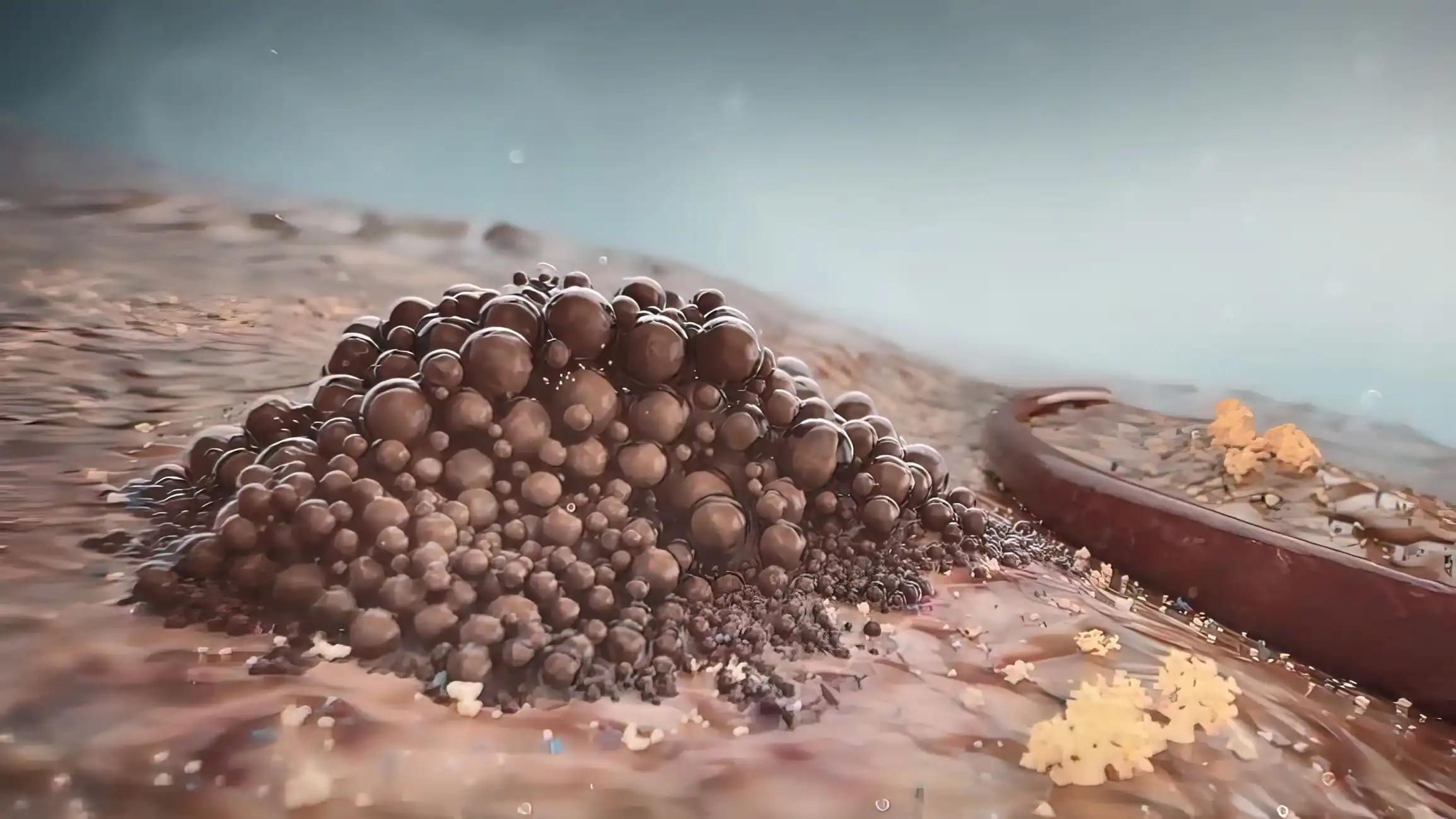KEY TAKEAWAYS
- In this phase 3 trial, patients with advanced melanoma were randomly assigned to receive TIL or anti-CTLA-4 therapy.
- 168 patients (86% had disease refractory to anti-programmed death 1 therapy) were randomly assigned to receive TILs (84 patients) or ipilimumab (84 patients).
- Median progression-free survival was significantly longer in the TIL group (7.2 months) than in the ipilimumab group (3.1 months; HR 0.50, 95% CI 0.35-0.72; p<0.001).
- Median overall survival was also longer in the TIL group (25.8 months) than in the ipilimumab group (18.9 months).
- Treatment-related adverse events of grade 3 or higher were observed in all patients receiving TILs and 57% of patients receiving ipilimumab; the majority of these events were chemotherapy-related myelosuppression in the TIL group.
- Adoptive cell therapy with TILs demonstrated superior progression-free survival compared to ipilimumab in patients with advanced melanoma.
The use of immune checkpoint inhibitors and targeted therapies have significantly improved outcomes for patients with advanced melanoma. However, around half of these patients will not experience a lasting benefit from these treatments. To investigate the potential of adoptive cell therapy with tumor-infiltrating lymphocytes (TILs) in treating advanced melanoma, a phase 3, multicenter, open-label clinical trial was conducted. In this trial, 168 patients were randomly assigned at a 1:1 ratio to receive either TILs or anti-cytotoxic T-lymphocyte antigen four therapy (ipilimumab at 3 mg per kilogram of body weight).
Before TIL infusion, participants underwent nonmyeloablative, lymphodepletion chemotherapy (cyclophosphamide plus fludarabine) and were followed by high-dose interleukin-2. The primary endpoint of the trial was progression-free survival. The results of the trial showed that the median progression-free survival was 7.2 months (95% confidence interval [CI], 4.2 to 13.1) in the TIL group and 3.1 months (95% CI, 3.0 to 4.3) in the ipilimumab group, with a hazard ratio for progression or death of 0.50 (95% CI, 0.35 to 0.72; P<0.001). Additionally, 49% (95% CI, 38 to 60) of the TIL group and 21% (95% CI, 13 to 32) of the ipilimumab group experienced an objective response.
Regarding overall survival, the median was 25.8 months (95% CI, 18.2 to not reached) in the TIL group and 18.9 months (95% CI, 13.8 to 32.6) in the ipilimumab group. Treatment-related adverse events of grade 3 or higher were reported in all patients who received TILs and in 57% of those who received ipilimumab; in the TIL group, these events were primarily related to chemotherapy-induced myelosuppression.
Therefore, this phase 3 trial demonstrated that adoptive cell therapy with TILs resulted in significantly longer progression-free survival than ipilimumab treatment in patients with advanced melanoma. The research was funded by the Dutch Cancer Society and other organizations, and the trial was registered on ClinicalTrials.gov under the number NCT02278887.
Source:https://pubmed.ncbi.nlm.nih.gov/36477031/
Clinical trial:https://clinicaltrials.gov/ct2/show/NCT02278887/
Rohaan, M.W., Borch, T.H., van den Berg, J.H., Met, Ö., Kessels, R., Geukes Foppen, M.H., Stoltenborg Granhøj, J., Nuijen, B., Nijenhuis, C., Jedema, I., van Zon, M., Scheij, S., Beijnen, J.H., Hansen, M., Voermans, C., Noringriis, I.M., Monberg, T.J., Holmstroem, R.B., Wever, L.D.V., van Dijk, M.. Ongering L, Valkenet L, Acosta A, Karger M, Borgers J, Ham R, Retel V, Harten W, Lalezari F, Tinteren H, Veldt A, Hospers G, Boer M, Suijkerbuijk K, Aarts M, Piersma D, Eertwegh A, Groot J, Vreugdenhil G, Kapiteijn E, Sonderen M, Fiets W, Berkmortel F, Ellebaek E, Holmich L, Akkooi A, Houdt W, Wouters M, Thienen J, Blank C, Eggink A, Klobuch S, Wilgenhof S, Schumacher T, Donia M, Svane I, and Hannen J (2022). Tumor-Infiltrating Lymphocyte Therapy or Ipilimumab in Advanced Melanoma. New England Journal of Medicine, 387(23), pp.2113–2125. doi:https://doi.org/10.1056/nejmoa2210233.



